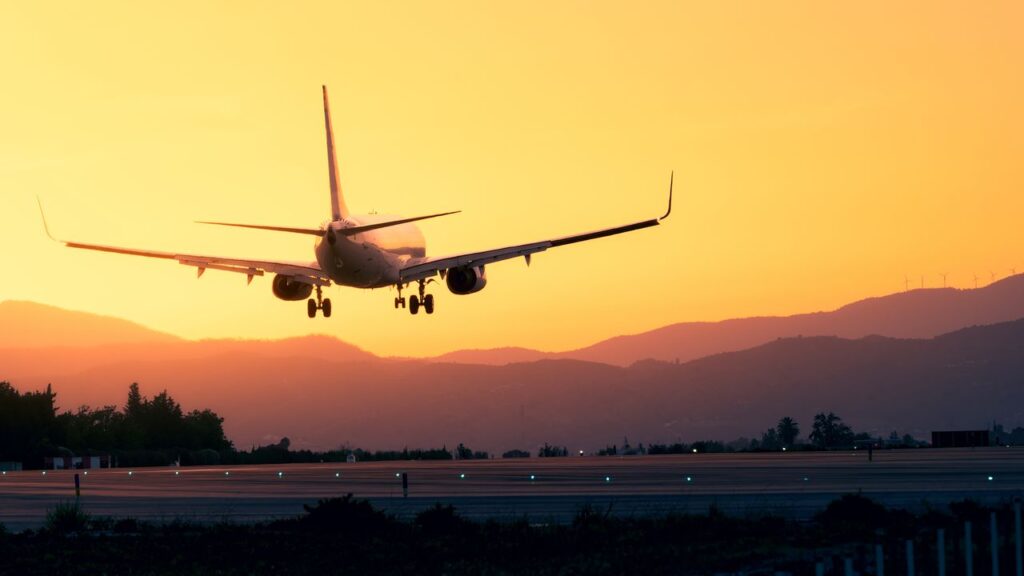Even in situations outside of travel advisories, if you’re planning a milestone trip or traveling to a new country for the first time, travel specialists can be valuable resources. “This is the time when human relationships trump online booking,” says Zhang. “Travel advisors are paid to have your interest in mind and come to your assistance at times of crisis.”
“Often government advisories will blanket cover huge territories, but this doesn’t fairly reflect the reality,” Allvey adds. “Your travel designer will have local contacts who can provide a much more accurate and up to date picture.”
Purchase travel insurance
Trip insurance can help give travelers peace of mind in case a sudden cancellation is needed. “Even in the best of times, we always recommend purchasing travel insurance,” says Condé Nast Traveler travel specialist Catherine Heald, the co-founder and CEO of the travel company Remote Lands. “Just be sure to check the coverage type as not everything is covered during acts of conflict.”
Basic insurance packages often include war and conflict exclusions, meaning you may not be reimbursed if you cancel a trip due to regional hostilities. Cancel For Any Reason (CFAR) coverage offers the greatest flexibility. These policies, which must be purchased within days of the original booking, provide partial refunds—typically 50 to 75%—regardless of your reason for cancellation. (Pro tip: Check to see if your credit card already includes travel insurance to avoid doubling up.)
Instead of canceling your trip, consider rescheduling
While knee-jerk cancellations are natural reactions to alarming news, consider rescheduling your trip if you’re not comfortable with traveling at this moment in time. “The US department of state is going to be overly cautious, so if the country is deemed safe [by officials], take the trip if you are comfortable,” says Heald. “If you are not comfortable traveling, try to postpone your trip rather than cancel completely.”
Alley agrees. “It is often possible to pivot plans or simply defer the trip rather than cancelling entirely,” he says. “The benefit of working with a trusted travel advisor is that they have relationships with hotels and other suppliers, so they can often negotiate a better solution for guests.”
Your travel dollars can have a major impact on tourism-dependent communities—something that rings especially true during times of crisis. Rescheduling a trip helps ensure that local businesses and economies remain supported, even if you don’t feel comfortable traveling right now.
Enroll in the Smart Traveler Enrollment Program (STEP)
One simple safety measure that all Americans can take before traveling abroad is to enroll in the US State Department’s Smart Traveler Enrollment Program (STEP). The free service, which takes approximately 20 minutes to complete, provides you with real-time updates about health, weather, safety, and security in the country you’re visiting and makes it easier for US officials to locate you during an emergency.
Make an informed decision based on your personal risk tolerance
Wherever you are headed, take stock of a number of factors before you cancel or reschedule any travel plans: Consider your destination’s relative risk and your own personal risk tolerance—and that of your travel companions. Evaluate the level of access you will have to consulate services and information, as well as to your own personal safety network; if you have friends and family in the area of your destination, ask them for tips on how to stay safe and up-to-date on local news developments.
From there, make an informed decision about your travel plans that you—and your travel companions, if you have them—will be comfortable with. Traveling is an exercise in preparedness. As with all trips, make sure you feel ready to navigate whatever may come your way, no matter where you go.
At the end of the day, “travel is a personal choice and there is an inherent risk in everything we do,” says Allvey. “I strongly believe in the power of travel to deepen our understanding of different cultures and help build bridges.”
This story has been updated with new information since its original publication date.
https://www.cntraveler.com/story/state-department-worldwide-caution-travel-alert


